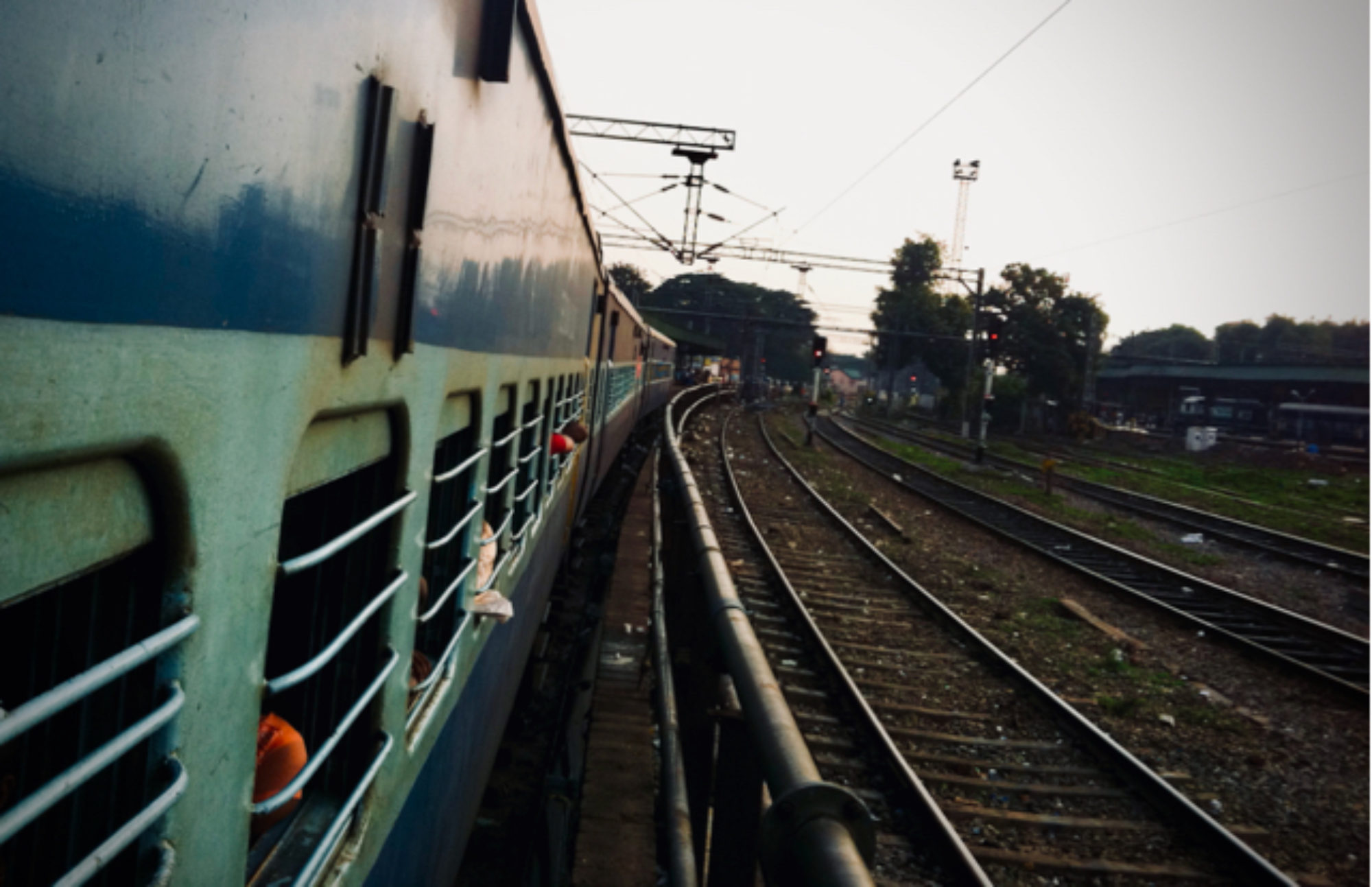Finding a way to sustainably feed the world will require government initiatives, funding, and most importantly, technology solutions for farmers. The articles below highlight recent developments in initiatives to solve the global food problem. In poor countries, companies step in to fill gaps left by agriculture nonprofits by Sarah Shemkus on The Guardian Across developing countries, 2.5 billion farmers live on less than $4 a day according a recent report released by Acumen and Bain & Co. The majority lives in isolated rural areas and lack access to the information and capital needed to make their farms financially sustainable. The problem persists, despite charitable groups and government agencies working to solve it for years. Recently, “pioneer firms”, as Acumen and Bain have named them, have joined the cause and are working to find solutions. Farmers in different geographic areas face two constant problems: they need ways to 1) improve crop yield and 2) connect with buyers. Access to ICT can have a major impact, but affordability is another major issue. For that reason, the businesses serving theses bottom of the pyramid farmers must provide solutions that are relevant to the farmers and are available at the lowest price possible or have flexible payment options. While these enterprises will not completely replace nonprofits, they do have more typical and scalable paths to financial sustainability and therefore long-term impact. Build better roads in developing world to bolster food supplies: study by Alister Doyle on Reuters According to a recent report issued by the International Food Policy Research Institute (IFPRI), investing in basic transportation and electricity in developing nations are two of the best solutions to ending hunger by 2030. Today, a quarter of all food grown is wasted after harvest. Investments dedicated to connecting farms to market and supplying electricity for cold-chain storage spread over the next 15 years could result in benefits equal to $3.1 trillion. Our portfolio company, Promethean, is currently working towards solving issues along the food supply chain in India. They’ve developed a rural refrigeration system that prevents milk spoilage in poor-grid areas, and eliminates the need for a diesel generator. Rural infrastructure has often been overlooked as a way to safeguard food. Market Rosegrant, Director of the IFPRI, hopes to bring infrastructure to the forefront of development goals. This initiative could help 60,000 poor farmers by Robbie Couch on Huffington Post The Enhanced Livelihoods Investment Initiative (ELII) could help improve the lives of as many as 60,000 farmers throughout Africa, Latin America, South Asia & the Caribbean. Acumen and Unilever are partners in the initiative that will disburse at least $10 million over a three-year period to launch and improve private businesses that support smallholder farmers in underserved regions. According the Acumen, the partnership aims to create jobs & boots income by 50% for smallholder farmers. New Here?
- Learn about what we do.
- Follow us on Twitter.
- Like us on Facebook.
- Join us on LinkedIn.
- Add us on Google+.
- Sign up for our mailing list.
- Catch up on past Weekly Reviews.
- Fundraising for a mobile tech, alternative energy, or ag tech startup?Apply.
